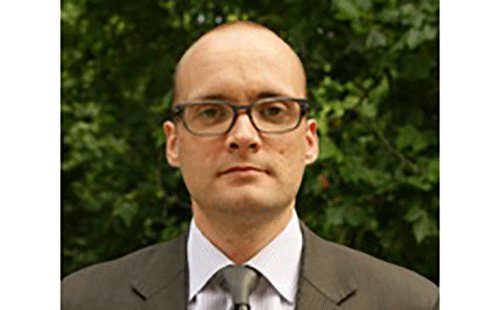Aspiring barristers from a black and minority ethnic background (UK/EU domiciled) are still half as likely to obtain pupillage than those who don't identify as BAME, annual statistics from the bar regulator have shown.
According to today’s statistics, 22.9% of BAME graduates on the Bar Professional Training Course (BPTC) obtained pupillage - a year-on-year increase of around 2.5 percentage points.
However, the number is still low when compared with white UK/EU domiciled BPTC graduates, of which 49.5% gained pupillage.
The analysis is based on information about students who enrolled in the 2016-17 academic year, as well as those enrolled in the preceding two academic years.

Data was not provided on the proportion of students who were privately educated, long a sticking point for the bar. A diversity report published at the start of the year showed that, even accounting for a low response rate of 36.7%, the proportion of barristers who attended a fee-paying school far exceeded that of the UK as a whole.
A BSB spokesperson told the Gazette: ‘The data that the BSB uses in order to compile its annual BPTC statistics report comes directly from BPTC providers. The educational background of students is not currently recorded by providers and that is why it has not been included in the report.’
Other findings from today’s report include;
- Of 4,319 students who started the BPTC between 2014 and 2017, 71.2% have passed the course to date;
- Of UK/EU domiciled BPTC graduates, around 42.7% of those who enrolled on the course from 2012-13 to 2015-16 have so far started pupillage. This figure drops to around 40.6% when including 2016-17 graduates.
- 50.2% of overall pupillages were awarded to women, an increase from last year, where the corresponding figure was 48.2%.
Ewen MacLeod, BSB director of strategy and policy, said: 'We hope that this latest set of statistics will help students to gauge their chances of success within the current qualification model. The success of any alternative approaches that we may authorise from 2019 following our Future Bar Training programme will be measured by data like these.’



























3 Readers' comments